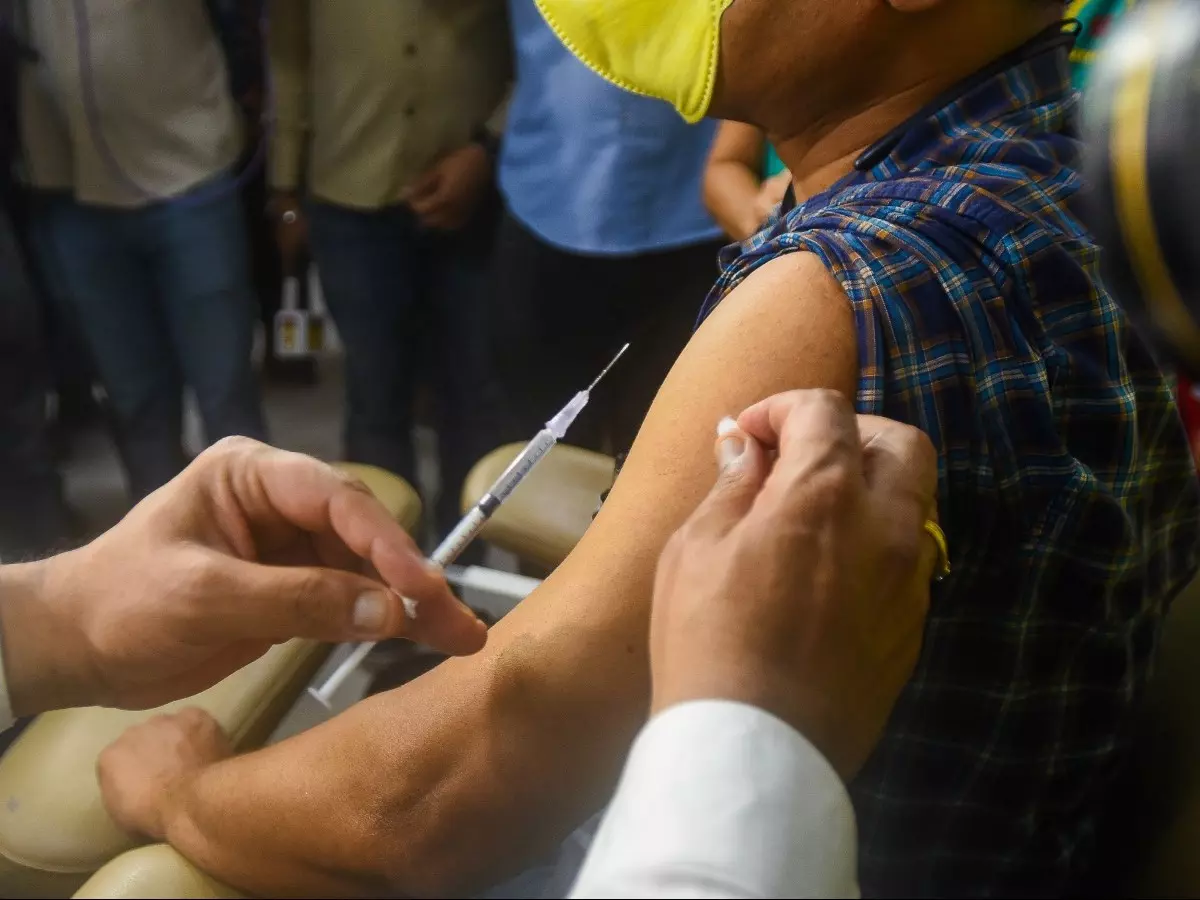Here Is How India Is Planning To Rollout 60 Crore COVID-19 Vaccine Shots In Next 6-8 Months
According to Reuters, India will deploy its vast election machinery to deliver 600 million doses of COVID-19 vaccines in the next six to eight months through conventional cold chain systems.

As several COVID-19 vaccine candidates continue to record significant progress and are set to be cleared to hit the markets, India, like the rest of the world is also finalizing its strategies for the all-important rollout.
As the government had stated earlier, health workers and others who are on the frontline of the battle against COVID-19 will be the first to receive the vaccine in India.
 AFP
AFP
This will be followed by vaccinating the most vulnerable people, to the disease.
According to Reuters, India will deploy its vast election machinery to deliver 600 million doses of COVID-19 vaccines in the next six to eight months through conventional cold chain systems.
Niti Aayog member VK Paul told Reuters that the government has lined up cold storage facilities with temperatures between 2 to 8 degrees for the storage of the vaccine.
 AFP
AFP
"The four that I can see, including Serum, Bharat, Zydus, and Sputnik need normal cold chain. I see no problem for these vaccines,¡± he told Reuters.
Serum Institute already mass producing
Serum Institute of India, the world's largest vaccine maker, is already mass producing and stockpiling AstraZeneca's Covishield shot, while domestic biotech players Bharat Biotech and Zydus Cadila are developing their own vaccine candidates.
And last month, Indian pharmaceutical player Hetero inked a deal with Russia's RDIF to manufacture over 100 million doses of the Russian Sputnik V COVID-19 vaccine per year in India.
 Reuters
Reuters
The government expects the first approvals ¡±very soon¡± from the independent drug regulator for emergency use, he said.
¡±I am hoping at the earliest because we are ready.¡±
Pfizer vaccine needs minus 70 degrees C storage
In the case of the Pfizer vaccine, which has to be stored at minus 70 degrees Celsius, Paul said such capacities will have to be created, and we will do.
While he said that the government is also in talks with Moderna, Paul admitted that the delivery of Moderna or Pfizer vaccines in India is unlikely before the second half of 2021.
 REUTERS
REUTERS
Like the rest of the world, India too is aiming to make the vaccine available to most of the population at the earliest but faces its own logistical challenges.
Unlike many countries, India is still likely to get a larger amount of vaccines due to local partnerships and domestic companies.
Other than Bharat Biotech and Zydus Cadila, Pune-based Gennova has also received permission for a human clinical trial for its HGCO19 vaccine.
HGCO19 is the first homemade mRNA vaccine candidate for COVID-19 and it is stable at 2-8 degrees Celsius for two months.
